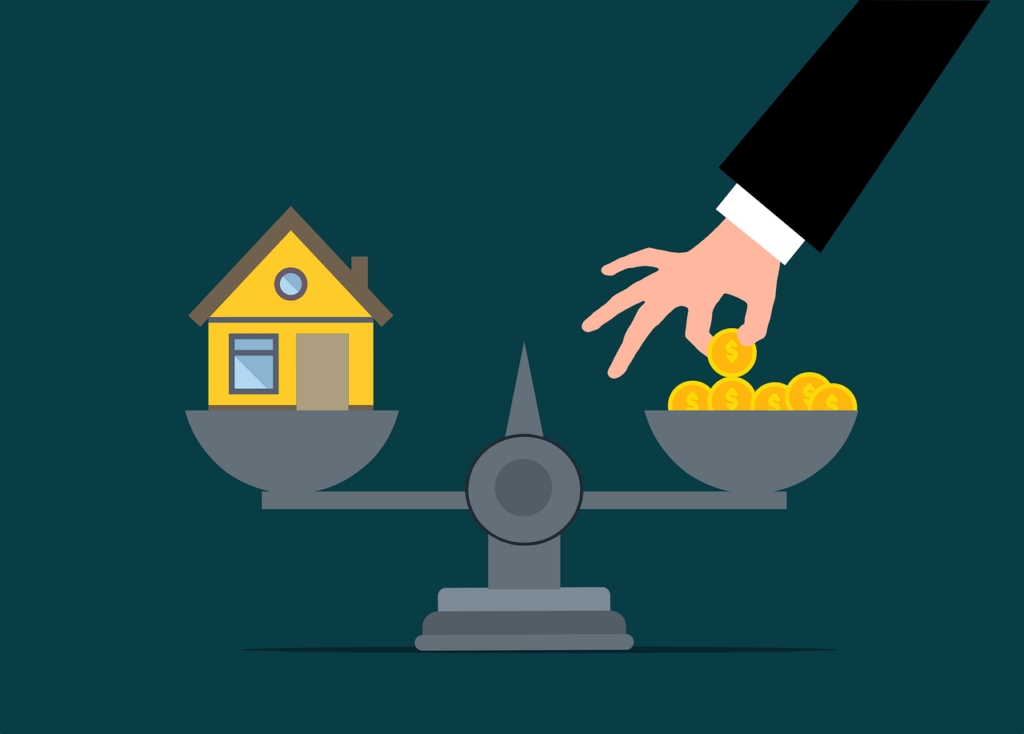
In order to provide different options for Canadians when purchasing a home, there are various methods through Canadians can obtain a mortgage. One of these methods is obtaining a mortgage through monoline lenders. Although various other lenders are also available for financing a home, each of them has their own terms and conditions for loaning funds for home purchases.
A monoline lender is a non-bank lender that does not take deposits, have store fronts, or provide other non-lending products. The sole business of a monoline lender is to lend funds to borrowers in the form of a mortgage. As the name suggests, mono means ones, this indicates that the only type of product is being provided is a mortgage. Hence, monoline lenders only offer mortgages for the purpose of financing a house and they do not offer any other type of lending services.
The business model of a monoline lender is simple, has low overhead, and their focus is strictly on residential mortgage clients. Monoline lenders can be publicly traded corporations and one form of raising their capital is through share sales and payment of dividends to their investors. Another source of funding that can be used by monoline lenders is a mortgage investment corporation (MIC).
Since monoline lenders strictly exist to conduct business in mortgages, the management and employees for such firms are highly experienced in the field of mortgage lending. Moreover, their mission is to specialize to the niche market of mortgages within the financial service industry. This results in monoline lenders providing better interest rates on mortgages, highly competitive prepayment privileges along with exceptional customer services.
It is essential to note that monoline lenders are no different from any other mortgage lending services and there are similar risks involved as well. Although their business is lending money and not holding it, they have same strict government regulations that must be followed effectively. Subsequently, they must also follow similar lending and disclosure guidelines when dealing with clients.
If a monoline lender is acting as a MIC, they are able to fill a gap within the lending market providing services to borrowers who are not able to qualify with prime lenders or banks. As such, although the rate may be higher in such cases, the criterion for lending is less restrictive.

Regarding why monoline lenders do not accept deposits, one of the reasons is that by taking deposits or selling any other type of products that is not related to mortgages would dilute the focus of the company and reduce their overall competitiveness in the mortgage market.
Being solely focused on the mortgage business, receiving a mortgage from a monoline lender has several benefits. One of which is the flexibility in mortgage terms, approval turn-around times, pre-payment options, and penalties in the event the borrower pays their mortgages early. Some other advantages of monoline lenders are listed as follows:
- Their only business is related to mortgages; therefore, they do not sell any other products to clients such as cheques or savings account, credit cards, or personal insurance.
- Not having a storefront result in lower overhead and the savings are passed on in the form of lower interest rates.
- They are heavily regulated like other firms in the mortgage industry and have the same protection for clients as the major banks.
- Collateral charges on the property are not registered by monoline lenders.
- Banks or prime lenders are hesitant to provide mortgage to self-employed people, however, this is not the case with monoline lenders. They will provide mortgages to many categories of people allowing for greater flexibility.


